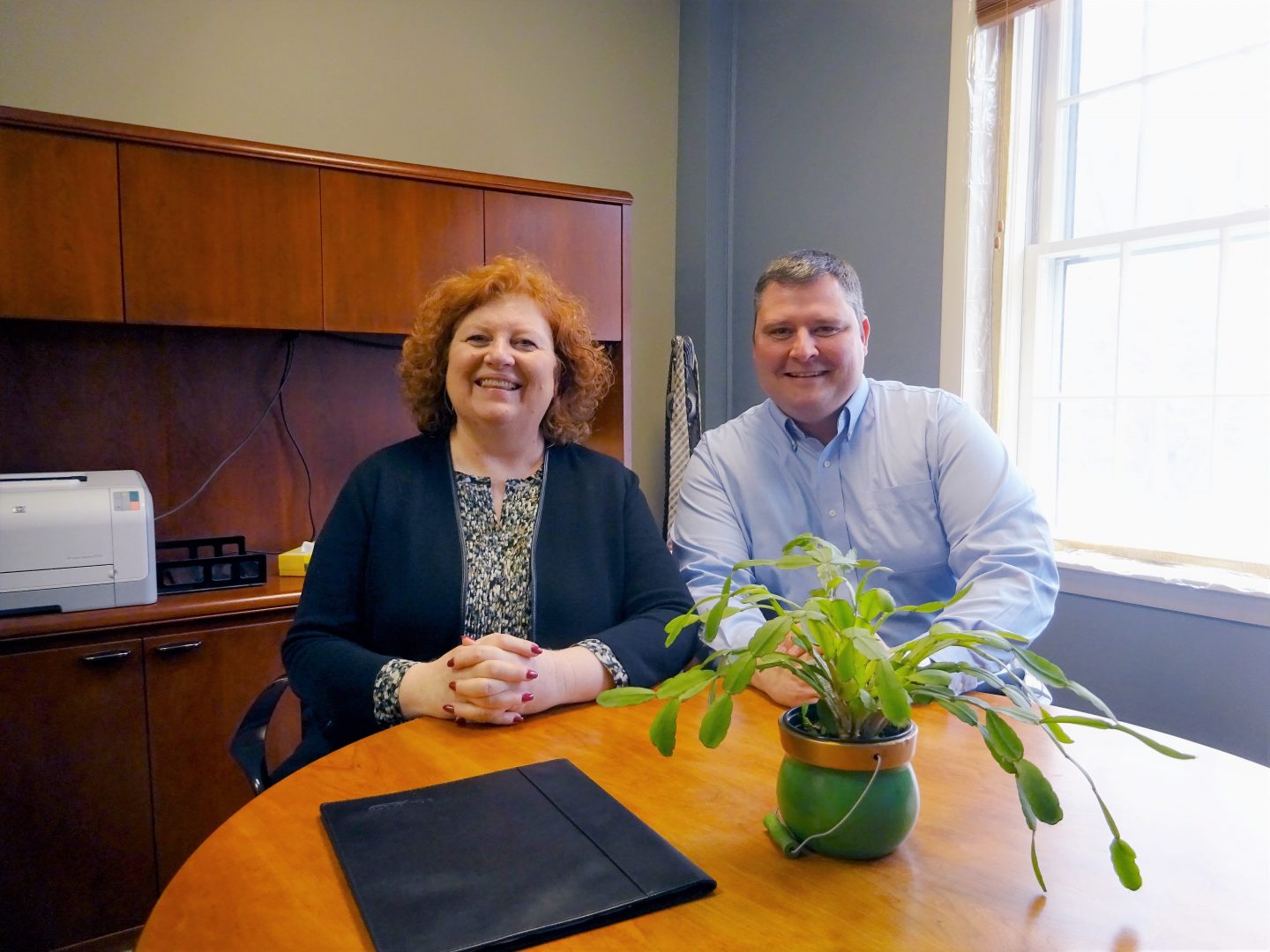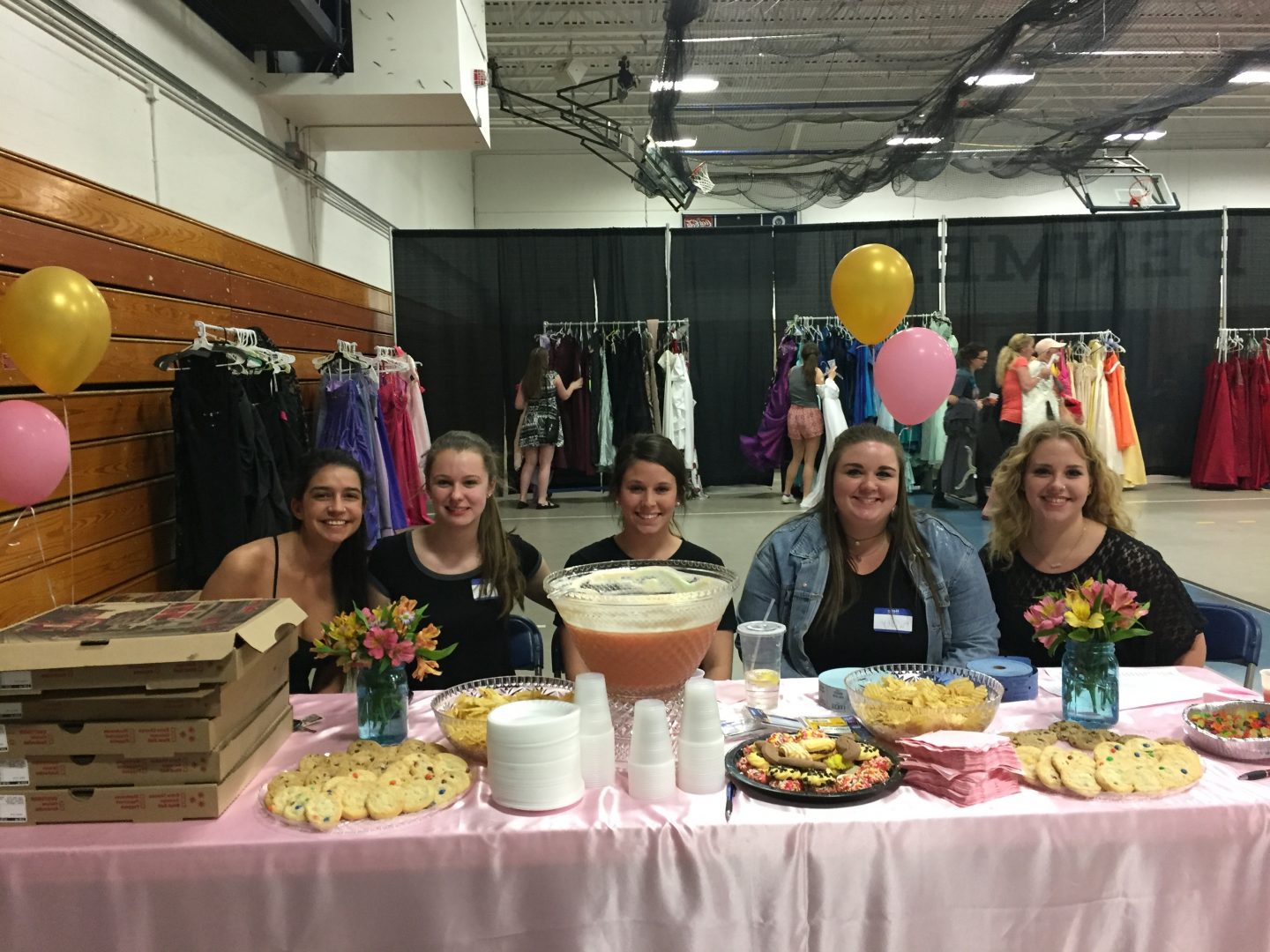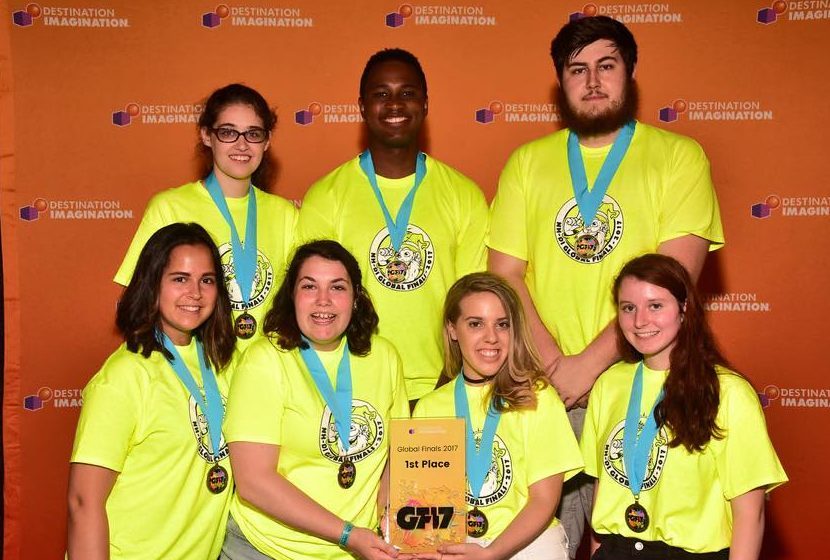With the current atmosphere around gun violence, Public Safety provided details on the protocol for when a gun is present on campus. Some details have been excluded for the sake of security of the campus in the event of a crisis situation.
According to SNHU’s Student Handbook, “possessing, displaying, using or distributing a firearm or any other weapon or explosive on property owned by or under control of the University” is not permitted. The handbook defines a weapon as “an instrument of offensive or defensive combat or something to fight with,” but can also include any item that is wielded with intentions on harming another living being.
Weapons which are not allowed on campus include but are not limited to “firearms, bb guns, ammunition, bows, arrows, swords, rockets, slingshots, air guns, paintball guns, personal knives (2 inch blade or greater), electroshock weapons (i.e., Tasers), guns that shoot foam arrows/pellets (i.e., Nerf guns) and martial arts devices.” If a student is found with any of the items listed above, or any other item that falls under the above categories, the weapon will be confiscated indefinitely.
Associate Dean of Student Affairs and the Head of Public Safety, Jim Winn, demonstrated how seriously SNHU deals with instances of finding a weapon on campus. He explained a situation that happened a few years ago where while on a call, Public Safety discovered a firearm in a student’s dorm room.
In describing how Public Safety deals with this sort of case, he said, “It all depends on circumstance. In that circumstance, obviously, we secured it right away, we immediately suspended the student temporarily from the university to make sure that everyone was safe because we didn’t know what the intention was… so, we removed the student, and then did an investigation, and ultimately, the student was expelled from the university, and that is just how serious the university takes these types of things.”
To help them keep track of situations like this as well as any potential threats, SNHU’s Public Safety is in constant contact with Manchester and Hooksett emergency services through a radio provided by those establishments. They also have continual connections with other universities in New Hampshire and the surrounding area, so that they are always aware of impending risks to the campus.
“Agencies, and law enforcement and Public Safety [in the past] were kind of in their own cylos, if you will, and I believe what happened, since 9/11 and now with some domestic terrorism and we have these shootings in schools, there are much more coordinated and collaborated efforts between all of these agencies,” said Winn.
To prepare for a critical situation, the police, fire and SWAT departments come to campus every summer to practice the protocol that would take place in the event of an active shooter and to familiarize themselves with the layout of the university. Public Safety officers also participate in this run-through to ensure that they will be able to provide the most reliable assistance when necessary.
Winn also explained that there is a program that was installed in each classroom which allows faculty to press a button in case of an emergency situation. When they press that button, information is sent and fed to the nearest police cars so that they can get to the university as soon as possible.
Public Safety also has ways to keep students and faculty updated on possible critical situations should they arise on campus, such as SNHU Alerts.
SNHU Alerts is a system that Public Safety uses to keep the SNHU community informed. Typically, one can register their cell phone to receive messages from SNHU Alerts by going to my.snhu.edu, scrolling down to the Public Safety tab and clicking on the SNHU Alerts link. Then just follow the prompts, create an account and that’s all. Within this page, students can also find a video that describes what they can and should do if a crisis situation were to arise.
“Please register for SNHU Alerts,” said Winn, “because that’s how we’re going to communicate with you in an emergency.”
Along with keeping students informed in dangerous situations, SNHU Alerts is also used to update the SNHU community on topics such as school cancellations.
In order to help educate students and faculty on what they should do in a crisis, Public Safety is holding classes that will teach attendees on the correct protocol they should follow when they are put in a hazardous position.
“What we are trying to do is give a skill set,” said Winn. “So, if you were at the mall and something were to happen, if you were at a church and something were to happen, you would know what to do.”
The next scheduled date for this program will be April 10 from 2 p.m. until 3 p.m. in Walker Auditorium. Winn noted that they are hoping to make this a regularly scheduled session for students in the SNHU community.
“I think it is very important for students to be educated through our program,” he said. “I don’t want people to be paranoid, right, but I want them to be prepared.”




